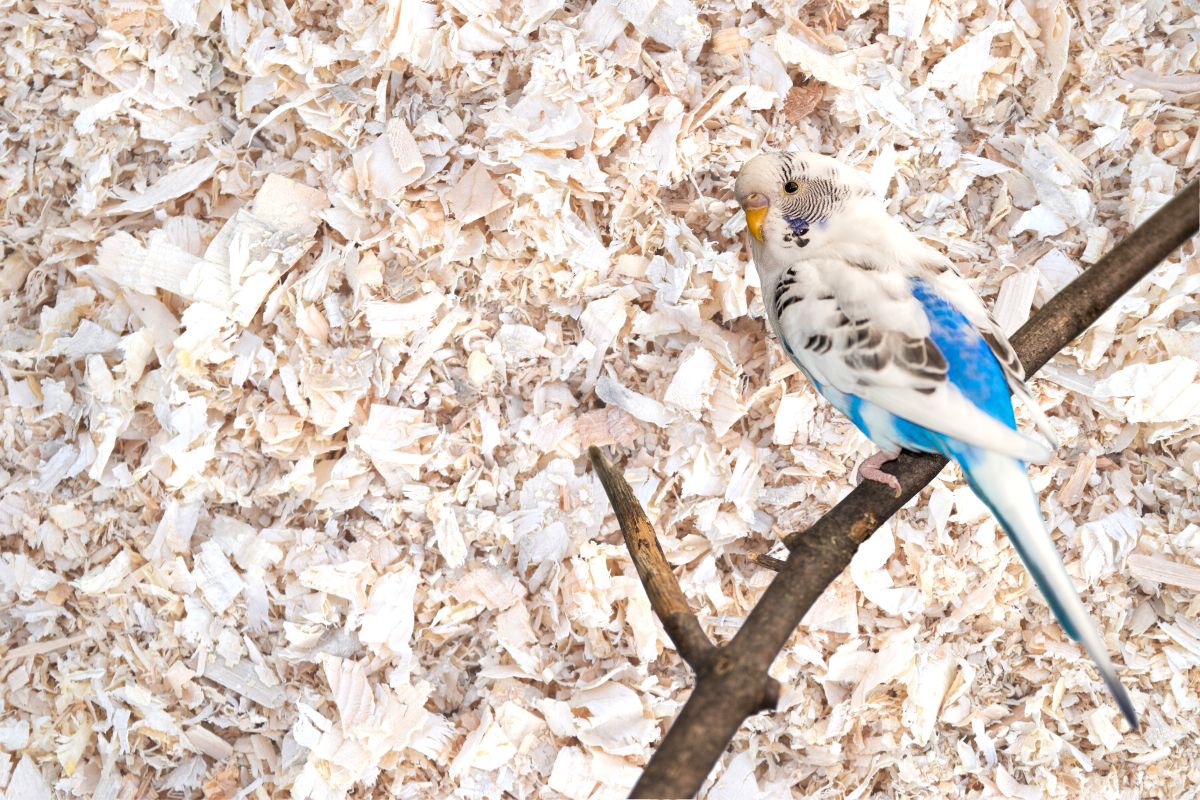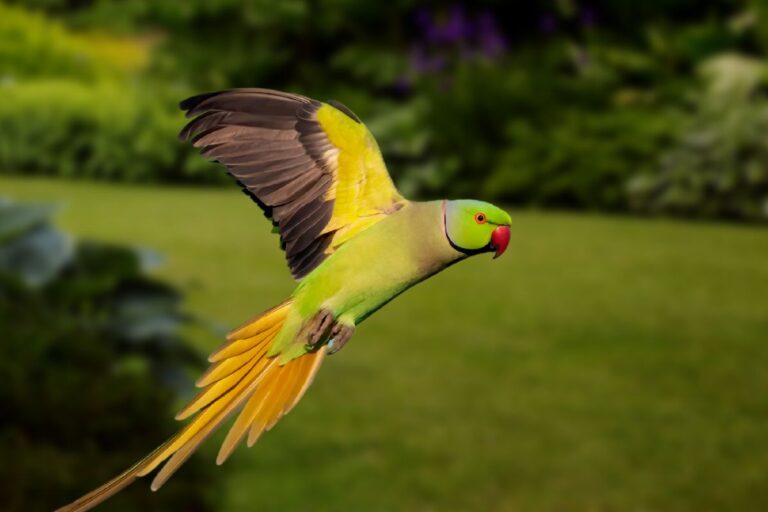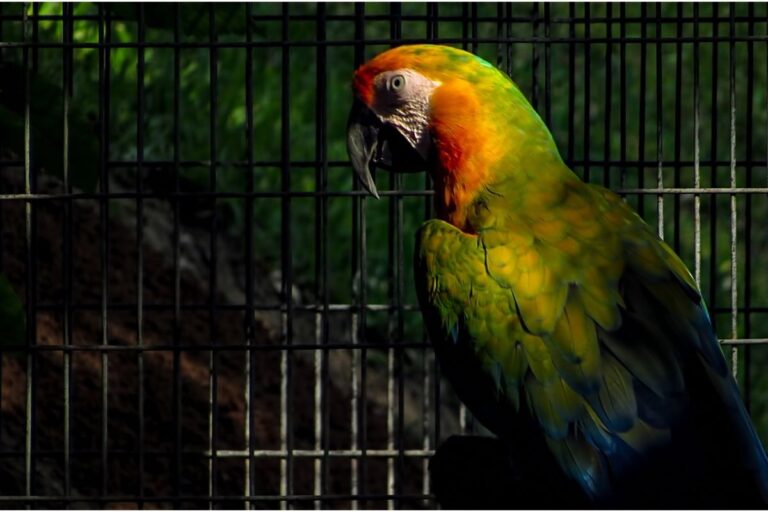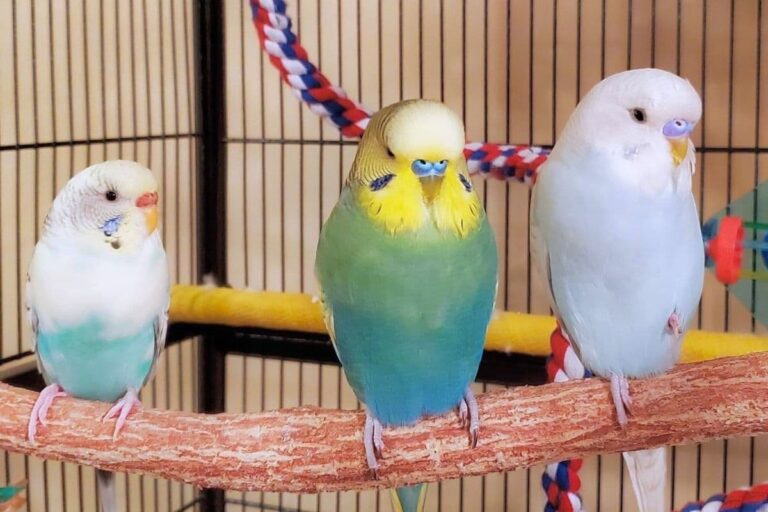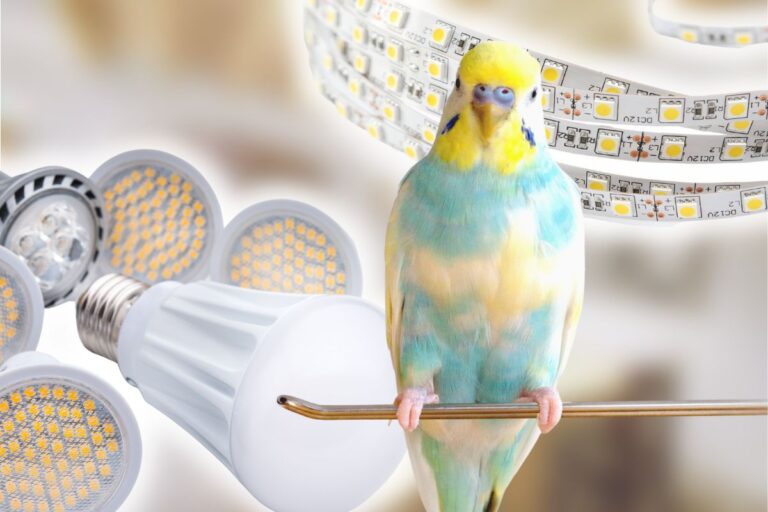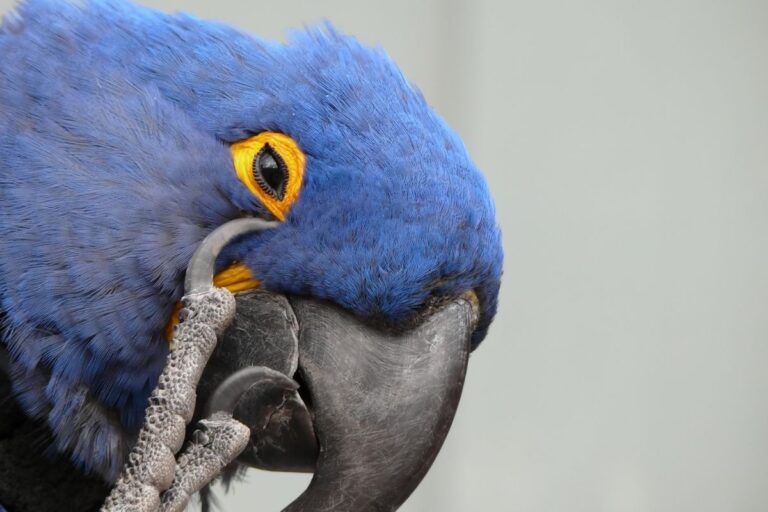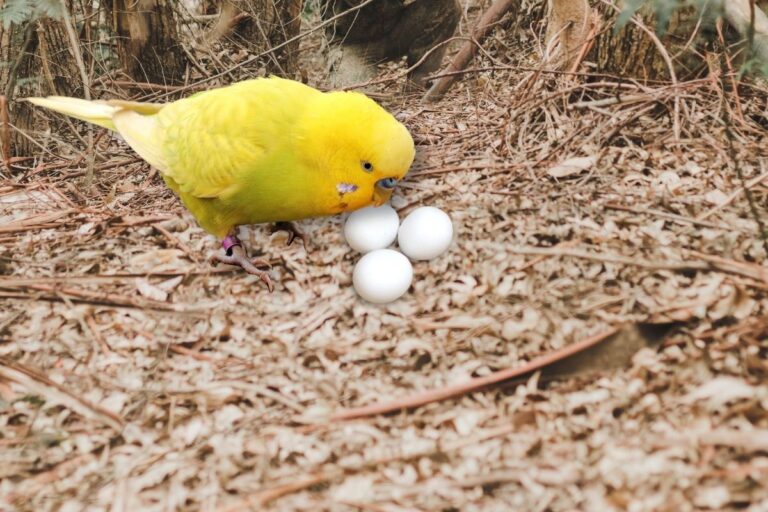Can You Use Pine Shavings as Bedding for Parakeets
Disclosure: The opinions expressed in this post are my own. This post may also contain affiliate links, which means that I will receive a commission if you decide to purchase through my links, at no additional cost to you. As an Amazon Associate, I earn from qualifying purchases.
So you want your birds to be happy and healthy, and choosing the right bedding for your bird’s cage is an important decision that can affect their overall wellbeing. While many pet stores offer a wide variety of bird beddings, some owners wonder if they can use pine shavings for parakeets.
Pine shavings are often used as bedding for other small animals so it might seem like a natural choice for parakeet cages. However, you might want to think twice before using them as bedding material for your parakeets.
While pine shavings are relatively inexpensive and easy to find, they can also be dangerous for your little bird. Here’s what you need to know about using pine shavings for parakeets, and alternative options that will keep your feathered friend happy and healthy.
Why You Should Not Use Pine or Cedar Wood Shavings as Bedding
Here are some reasons why pine or cedar wood shavings should be avoided as bedding for parakeets.
Toxic Fumes
Pine shavings can release toxic fumes that may be harmful to parakeets. These fumes come from the natural oils found in pine wood and can cause respiratory problems for your pet bird.
Some pine shavings are kiln-dried which can help reduce the amount of natural oils, but it’s still not recommended to use them as bedding for parakeets.
Dusty
While cedar and pine shavings are soft, they are also very dusty. The dust can irritate your bird’s respiratory system and cause respiratory and health problems. The dust can also make cleaning the cage more difficult as it tends to cling to surfaces.
It’s important to choose a type of bedding with low levels of dust that won’t cause any health problems for your feathered friend.
Causes Skin or Eye Irritation
Using pine shavings for your parakeet’s cages can cause skin or eye irritation which may lead to serious health issues. These shavings are known to contain phenols and other chemicals that emit strong fumes harmful to bird’s delicate respiratory systems.
Ingestion
Ingesting wood shavings can also lead to digestive issues and liver damage in birds. Therefore, it’s best to use safer bedding options such as recycled paper or coconut fiber.
Ingesting pine shavings can result in serious health issues for parakeets and may lead to symptoms like sneezing, wheezing, difficulty breathing, or even liver damage and death.
The ingestion of pine shavings can also lead to digestive tract impaction in parakeets. This can cause the bird to stop eating, become lethargic and show signs of discomfort or pain. In severe cases, surgery may be required which can be expensive and stressful for both you and your bird.
So What’s the Best Type of Bedding for Parakeets?
When choosing bedding material, it’s important to avoid using any artificially scented beddings or those containing chemical additives. These additives can be irritating to your parakeet’s respiratory system and may cause health issues over time.
Here are some bedding materials that are both safe and effective for your parakeets.
1. Paper
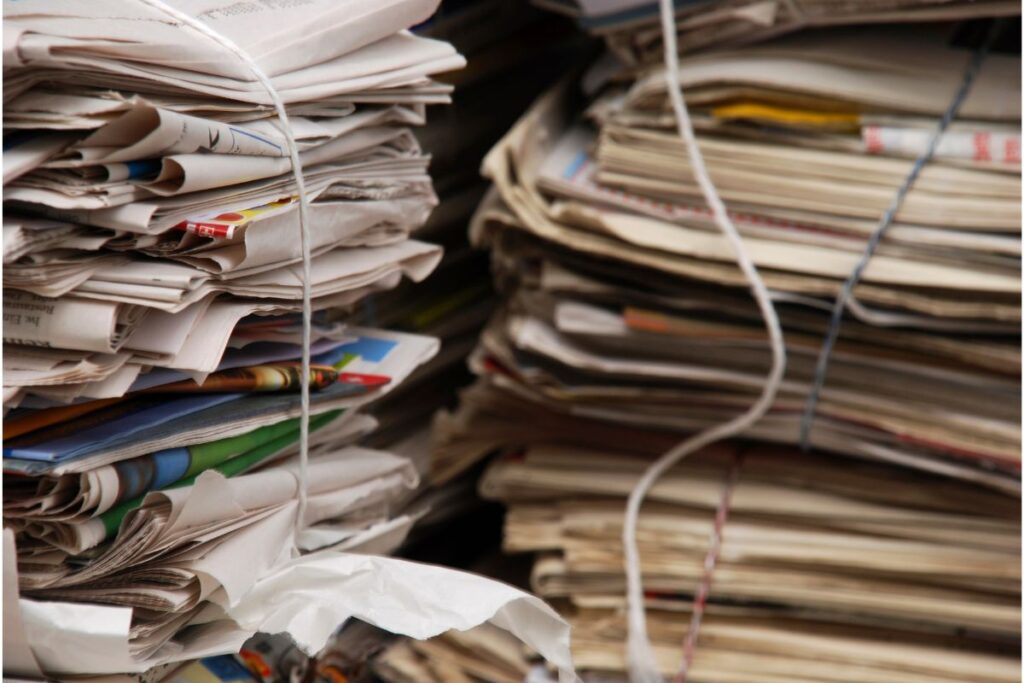
Using paper can be a great option as bedding. Plain white, brown or recycled paper can serve as a simple and inexpensive bedding.
You can even go for shredded paper, paper bags or paper towels too.
Newspaper is also an option but be sure to avoid using papers with colored ink or glossy coatings as this can be potentially harmful to the bird.
When laid down in layers, paper provides a soft cushion and absorbs moisture from droppings. Just be sure to change the paper frequently to maintain cleanliness and hygiene for your pet parakeet’s living quarters.
2. Absorbent Cage Liners
These cage liners are designed specially as beddings for birds. They are highly absorbent, making it easy to control moisture and odors. Cleaning up is also extremely easy as the leak-proof bottom helps to keep the cage tray clean and dry.
They’ll definitely cost a little more than plain old paper, but may bird owners do not mind the additional costs in return for an easy clean-up.
Here are popular brands we recommend:
- Vitakraft Cage Liners for Birds
- Non-Woven Bird Cage Liner Papers
- Uifrmely 30 Pcs Gravel Liner Paper for Bird Cage
3. Aspen Wood Shavings
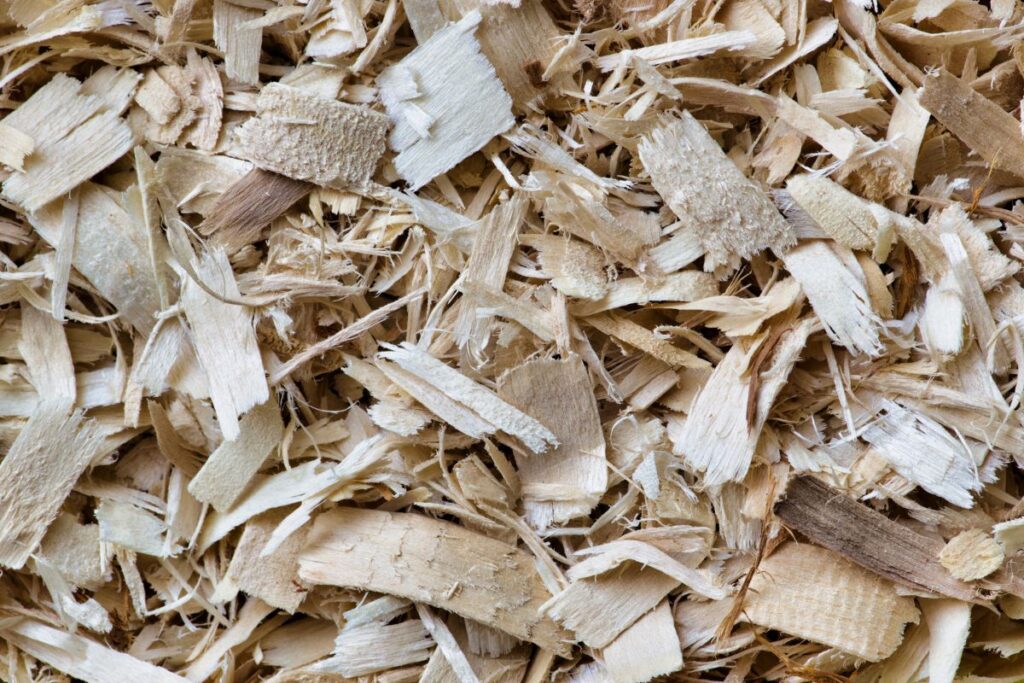
Aspen wood shavings are a popular choice for bird owners who want to provide their feathered friends with a cozy and comfortable bedding that’s a much safer option than pine. These shavings are made from natural aspen wood, which is non-toxic and safe for parakeets to use as bedding.
They are easily accessible in most pet stores, and its soft texture guarantees comfortability while its high absorbency keeps unpleasant odors away.
Another benefit of using aspen wood shavings is that they are dust-free. As d can be harmful to your parakeet’s respiratory system, it’s important to choose a bedding material that won’t create dust or particles in the air.
Make sure to change the bedding at least once a week or more frequently if necessary. This will help prevent the buildup of bacteria and mold, which can be harmful to your bird’s health.
Materials You Should Not Use as Bedding for Parakeets
At a pet store, you’ll be faced with plenty of options that can be used as bedding for your bird. You may be tempted to try using some of them, however be aware that using the wrong ones could actually be quite dangerous.
Here are some items and products that you should avoid using as bedding for your parakeet.
Sand or Gravel
Sand or gravel may seem like good options due to their absorbent and abrasive properties, but they can actually be harmful to your feathered friend.
Sand and gravel can cause irritation and injury to your parakeet’s feet, which can lead to infections or even lameness over time. Additionally, these materials can also cause respiratory problems when inhaled by birds, as the fine particles can get trapped in their delicate respiratory systems.
Cat Litter
Cat litter should be avoided at all costs. Even though cat litter is absorbent and easy to clean, it can be dangerous to birds because of the chemicals and fragrances used in many brands.
The dust from cat litter can also cause respiratory issues for your parakeets. If you want to ensure the health and comfort for your feathered friends, stay away from this one!
Corn Cob Bedding
Although you may sometimes come across corn cob bedding designed for small animals, they are not the most ideal choice for parakeets.
Corn cob bedding may lead to certain health problems. Parakeets are susceptible to developing fungal and bacterial infections if they come into contact with damp or dirty corn cob bedding.
Additionally, small particles of corn cob bedding can get lodged in a parakeet’s crop, which is part of their digestive system. This can lead to digestive issues if not addressed immediately.
Fabric or Cloth
Fabric and cloth can still be used, but it’s just not a recommended choice for most bird owners.
It’s important to dispose and change the cage bedding everyday, and using cloth and fabric may not be the most sustainable way to go about doing this for most people.
On top of that, the chemicals from the detergents and fabric softeners that were used to wash the cloth may cause respiratory problems and skin irritation, which can be harmful to your bird’s health.
That’s why you don’t really see many parakeet owners using cloth or fabric for their bedding.
Straw
Using straw as bedding for parakeets is not recommended due to a few reasons.
Firstly, straw can be sharp and pointy, which can injure the birds’ feet or even poke their eyes. Also, birds may accidentally ingest pieces of straw, which can cause digestive issues or get lodged in their throats.
Sometimes, straws are also not cleaned properly, and may harbor parasites and bacteria that can be harmful to your parakeet’s health.
It’s best to avoid using straw as bedding altogether for bedding.
Nut Shells
Nut shells may seem like an eco-friendly and natural option for bedding material, but they can pose serious health risks to your parakeet if ingested or inhaled. The sharp edges of the shells can damage your bird’s digestive system, leading to serious health issues.
Nut shells can easily become compacted and hard, which can cause injuries to your bird’s feet if they aren’t careful.
So even if you find these being sold at a pet store that’s “designed for birds”, opt for another option that’s actually safer instead.
Hay or Grass
While it might seem the hay and grass is a natural and safe option to use as bedding for your parakeets, it is actually not the best idea.
Hay and grass can harbor mold and fungi, which can cause respiratory problems for parakeets. In addition, these materials can be difficult for them to move around in, and may sometimes be sharp and cause injury to your bird’s delicate feet.
That’s why you don’t really see many pet stores selling hay or grass for birds at all.
Final Words
While pine shavings may seem like a cheap and easy option for parakeet bedding, they are not the best choice for your bird’s health. The potential release of harmful chemicals from the shavings can cause respiratory issues and other health problems for your feathered friend.
It is always better to invest in safe and natural bedding options that promote a healthy and comfortable living environment for your parakeet. Always prioritize their well-being over convenience or cost when it comes to their care.



